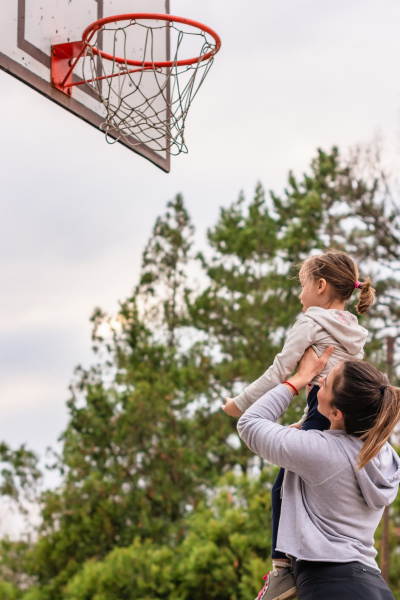 This week, the 2022 Winter Olympics kicked off in Beijing! And at the same time, my home state of Vermont received a lovely 15 inches of snow, so I’m really feeling the winter spirit! I’ve spent time with friends and family snowshoeing and hiking this week. I started to wonder about winter Olympians and mothers. Obviously, there are all kinds of things to think about if a woman is pregnant and/or nursing, but I wasn’t really thinking about that. I was thinking more about how a mom juggles her relationship with her children and parenting them while she is engaged in such a tremendously challenging profession. I wondered, “How do they do it?” I did a bit of reading from a 2015 paper in Psychology of Sport and Exercise about motherhood and Olympic athlete representation in the media. The authors argue that two primary narratives occur about Olympians and mothers: 1) one of conflict between the “athlete” and “mother” identities, and 2) that of the “athlete-mother superwoman”.
This week, the 2022 Winter Olympics kicked off in Beijing! And at the same time, my home state of Vermont received a lovely 15 inches of snow, so I’m really feeling the winter spirit! I’ve spent time with friends and family snowshoeing and hiking this week. I started to wonder about winter Olympians and mothers. Obviously, there are all kinds of things to think about if a woman is pregnant and/or nursing, but I wasn’t really thinking about that. I was thinking more about how a mom juggles her relationship with her children and parenting them while she is engaged in such a tremendously challenging profession. I wondered, “How do they do it?” I did a bit of reading from a 2015 paper in Psychology of Sport and Exercise about motherhood and Olympic athlete representation in the media. The authors argue that two primary narratives occur about Olympians and mothers: 1) one of conflict between the “athlete” and “mother” identities, and 2) that of the “athlete-mother superwoman”.
I realized that I was asking questions about winter Olympians and mothers that I’ve never asked myself about male athletes. How do male athletes juggle all the demands on their time and attention with their demanding training schedules? How can they be dads and athletes? I’ve never once wondered how some of my favorite male athletes cope with their roles as dads.
When we talk about women, we typically link them with their role in relationships. It’s as if a woman’s pursuits cannot be disconnected from her relationships with others. I found this article addressing this very point. “It’s wonderful and inspiring that Chusovitina is a mom to a 17-year-old as well as a seriously talented Olympian at twice the age of her competitors. However, the fact that she’s a mom has become a weirdly necessary addition to her story despite the fact that it has nothing to do with her skills as an athlete.” This article goes on to point out that male Olympic athletes who are dads can struggle with the same things as their female counterparts.
the same things as their female counterparts.
This whole experience was a very powerful reminder to me of how gender roles, though invisible, consistently impact our thoughts, beliefs, and perceptions. I have a ton of training and over thirty years of experience working in this exact area, yet when I sat down to think about the experience of an Olympic athlete and parenting, at first, I only thought about moms.
Of course, society plays a huge role in my conditioning to think of women as moms before thinking of men as dads. Many of us, including me, are raised in traditional, heteronormative families. In the movies we watch and books we read, women are typically portrayed as mothers before they are portrayed as professionals like doctors, lawyers, or athletes. Gender roles are like the air we breathe: they’re all around us, but we don’t see them. But it’s important that we try to start to see them! For a lot of people, gender roles prescribe a way of being in the world that doesn’t quite fit.
